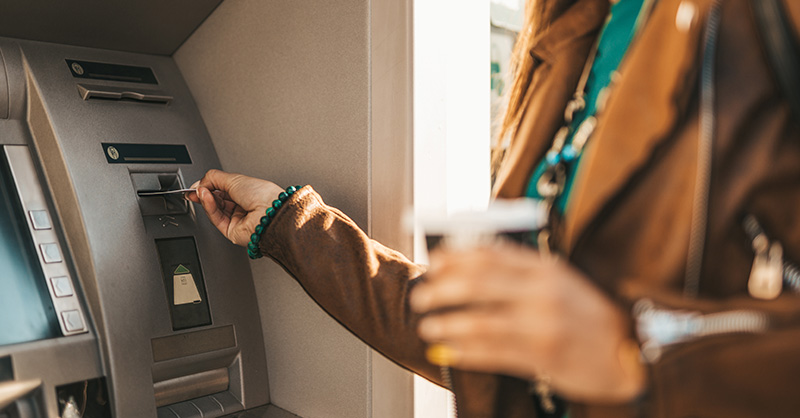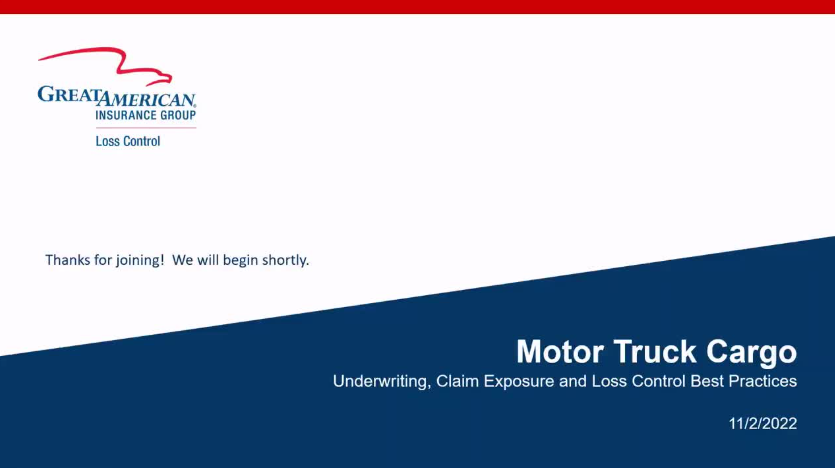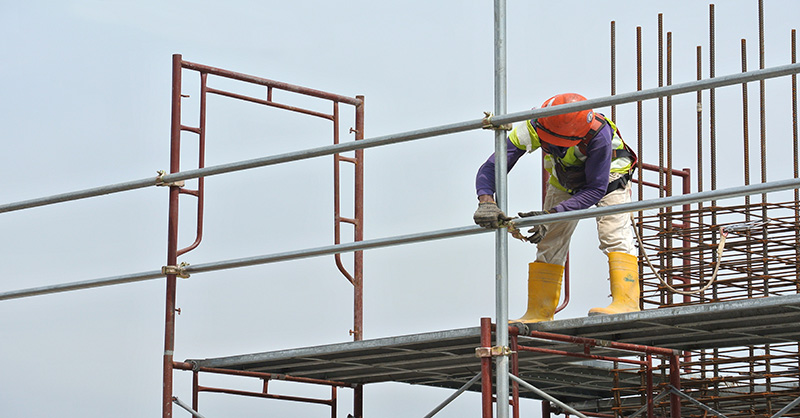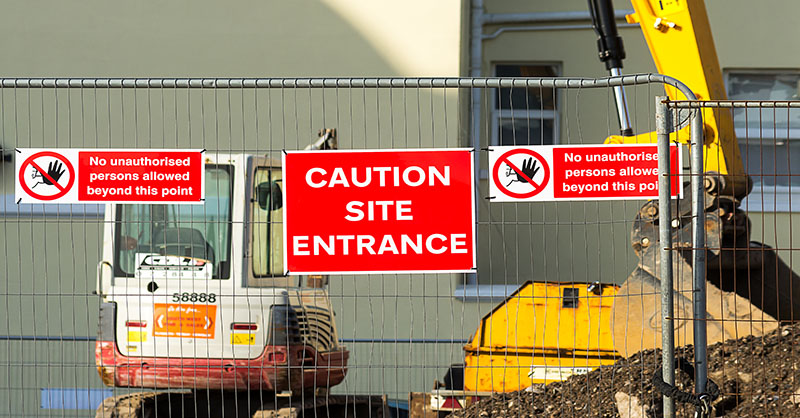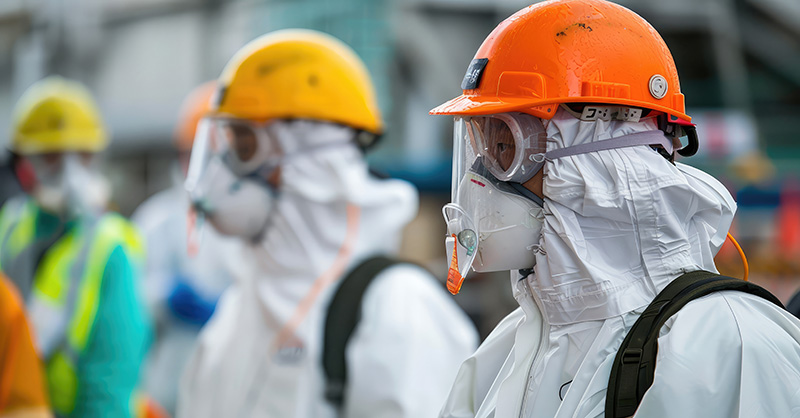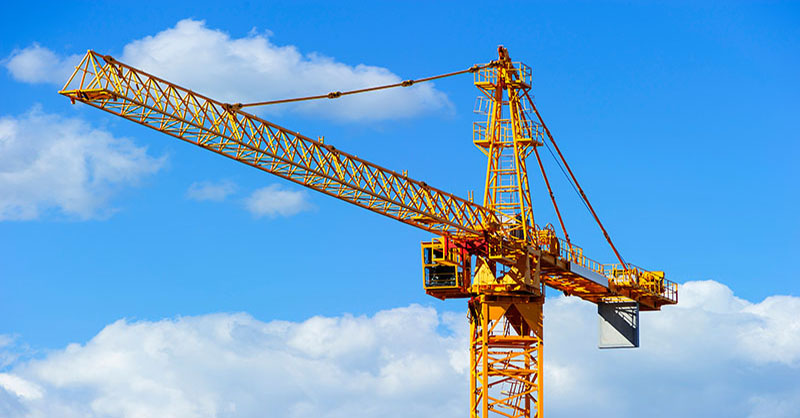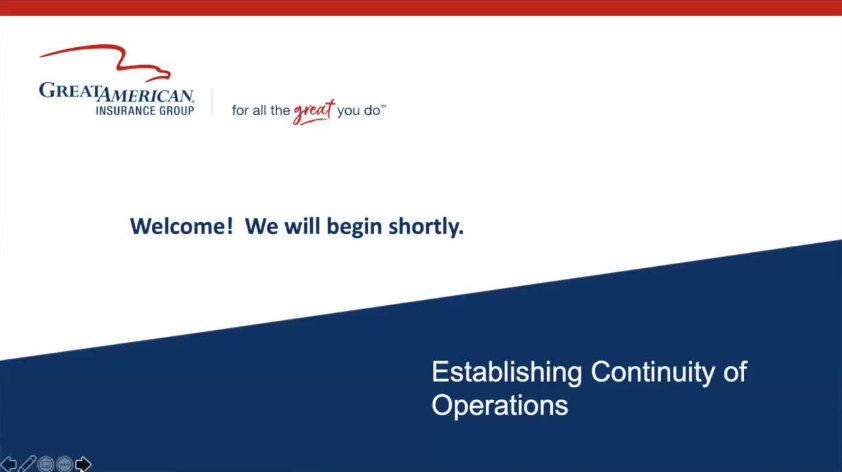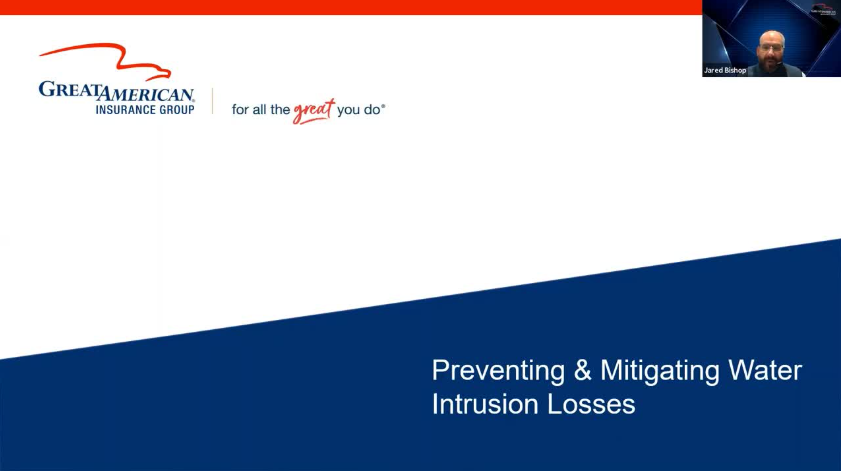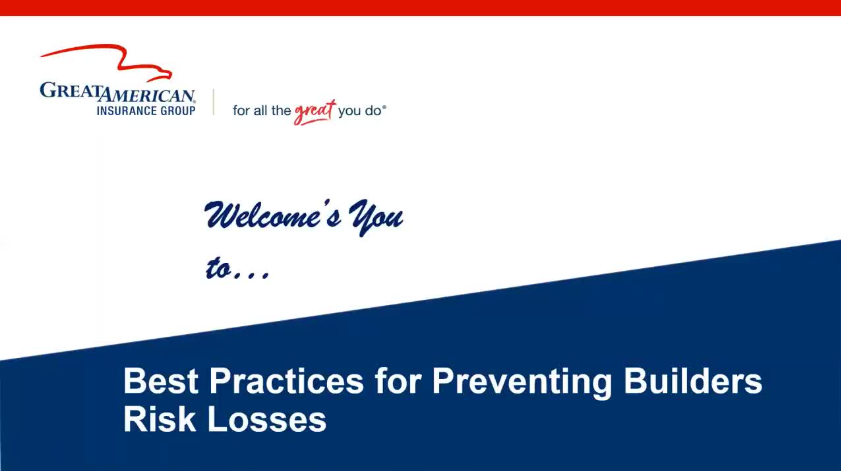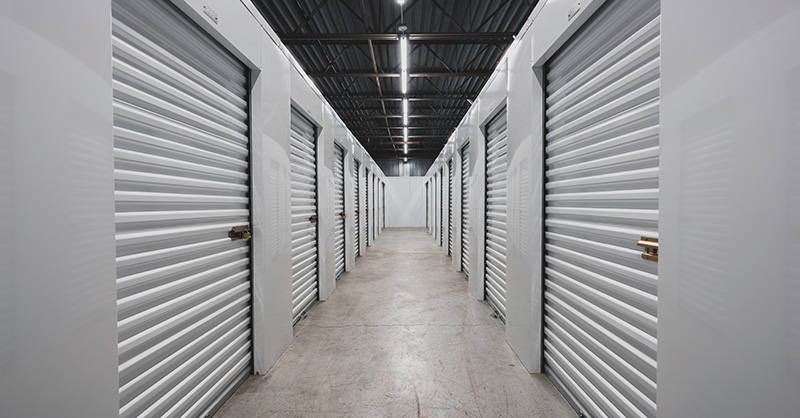Are Pool Chemicals Safe?
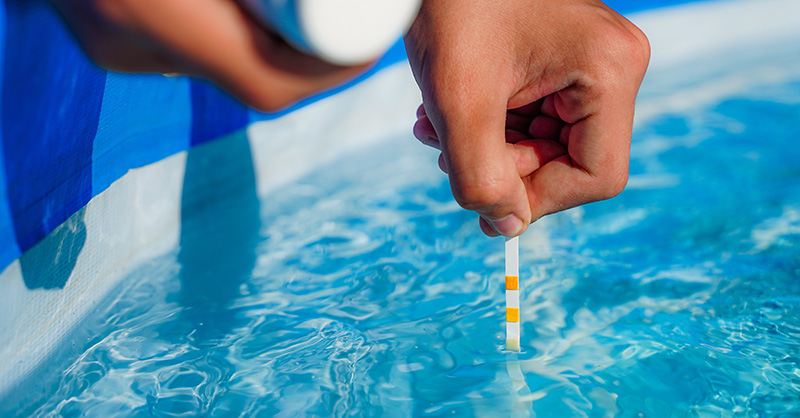
Pool chemicals are needed in your facility to treat the pool water but must be used cautiously to help prevent a chemical incident from occurring.
The proper handling and storage of pool chemicals is of utmost importance to help ensure they don’t become a hazard. Pool chemicals can become dangerous if they’re improperly mixed with small amounts of water or other chemicals. These chemicals are only ever meant to be added to large amounts of water.
Safe Storage and Handling of Pool Chemicals
Chemical storage rooms should be cleaned and maintained in this state, and you should abide by the following procedures:
- Pool chemicals should be stored in a dry; , well-ventilated area. The chemicals shouldn’t be exposed to potential water from the ground, rainwater or leaks from pipes. Dry chemicals must stay dry.
- All pool chemicals should be kept off the floor.
- Chemicals should be kept out of direct sunlight.
- Acids and Chlorine products shouldn’t be stored close together. It’s preferred to store them in separate rooms.
- If you have liquid chemicals, those should be stored on bottom racks with the dry chemicals on upper racks to help prevent leakage from meeting dry chemicals.
- Eating or drinking should not be allowed in the storage area.
- Don’t use the same scoop for different chemicals.
- Make sure you have appropriate Personal Protective Equipment (PPE).
- All chemicals should be stored in their original containers and containers should not be reused under any circumstances.
- You should read the labels of any chemicals you’ll be using before you open the container.
- You should know where the Safety Data Sheets (SDS) are in the facility and how to access them. All chemicals should have an SDS on them.
Learn more about pool chemical safety from The Chorine Institute and The American Chemistry Council.
Pool Chemical Spill Response Plan
Develop an emergency response plan that addresses all aspects of the facility, especially the chemicals in the facility. Know where your emergency response plan is and make sure you have reviewed the plan. In addition, make sure all staff knows where your emergency eyewash station and emergency shower are located before opening and/or using any chemicals.
In the case of a chemical accident, call 911 for assistance in cleaning the spill.
